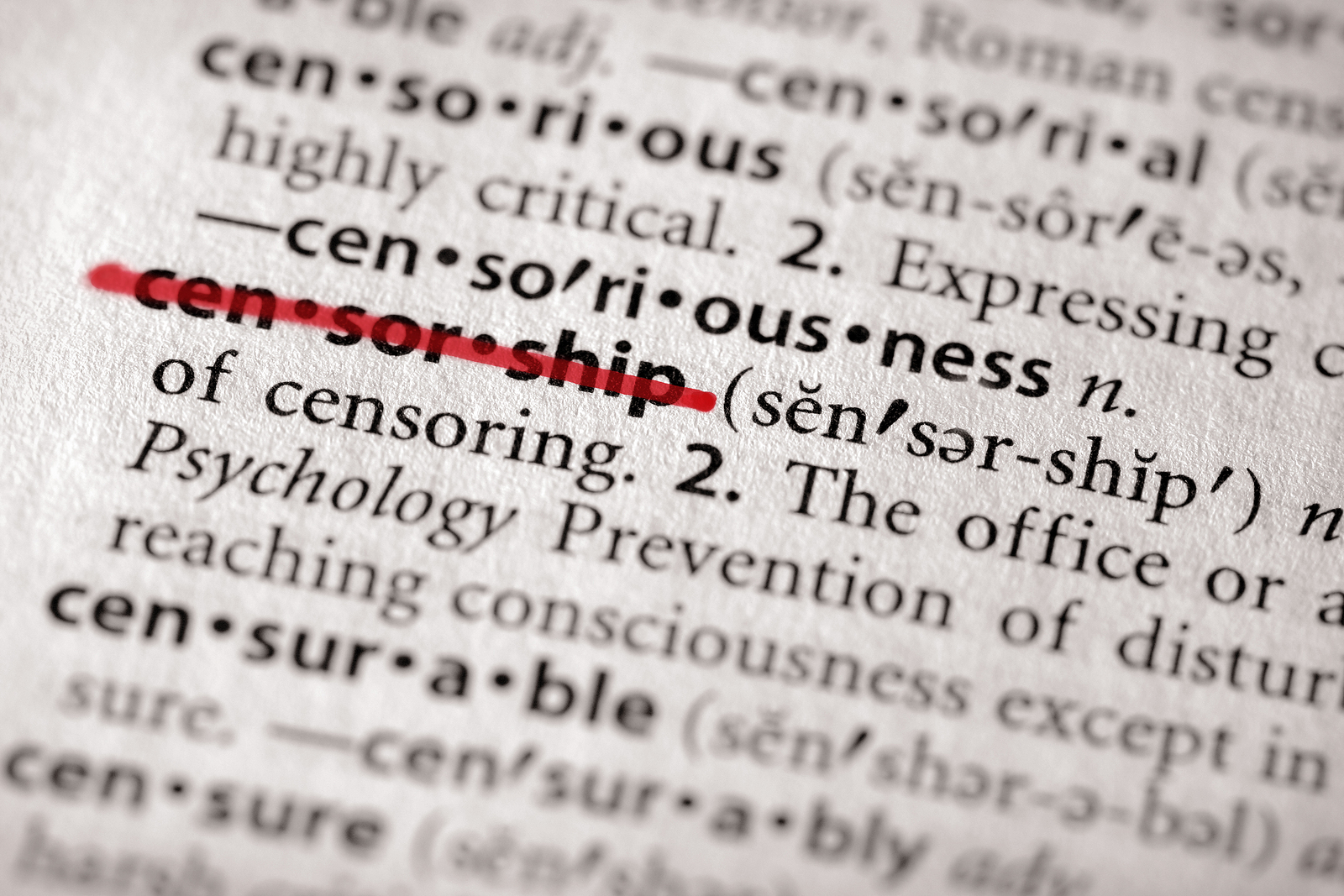January 6, 2017
AAP Supports the Freedom to Publish Controversial Books

Each year, U.S. publishers produce thousands of new books on varied topics, some of which invite criticism. Simon & Schuster’s recent decision to offer a book deal to Milo Yiannopoulos, a self-proclaimed “supervillain” has been met with calls for a publisher boycott. The Chicago Book Review has declared it will not review any Simon & Schuster books in 2017.
AAP supports Simon & Schuster’s right to publish this or any book, even if it offends some readers. A democratic society demands that publishers and writers have the freedom to express and disseminate ideas, even if they are unpopular or controversial. Defending the freedom of authors and publishers to create and disseminate works from all perspectives is integral to AAP’s mission.
AAP has signed on to a letter in support of Simon & Schuster with the National Coalition Against Censorship, American Booksellers Association, Authors Guild, Comic Book Legal Defense Fund, Freedom to Read Foundation, Index on Censorship, and the National Council of Teachers of English.
Statement in Support of the Right to Publish
Threats to boycott publishers undermine intellectual freedom and harm readers and writers.
As organizations dedicated to protecting freedom of expression, we write to comment on the calls for a boycott against Simon & Schuster because Threshold Editions, one of its imprints, has contracted to publish a book by Milo Yiannopoulos, a provocateur and self-described “supervillain,” whose views and statements are highly controversial and deeply offensive to many.
Calls for boycotts have become a familiar response to the publication of controversial books. Typically, such online campaigns go viral at lightning speed, instantly igniting a firestorm of criticism. We are aware of at least seven other similar situations involving threats or fears of boycotts, four of which were successful in having books withdrawn, delayed, revised, or not reprinted.
In the present case, the calls for a boycott stem not from the content of a book, which has not been published, but because of previous statements by the author which critics characterize as hate speech. The Chicago Review of Books has announced its intent to protest the publisher’s decision by refusing to review any books published by Simon & Schuster, even though that would deprive its readers of information about books from more than two dozen Simon & Schuster imprints, including Salaam Reads, which focuses on books with Muslim characters.
This kind of response will have a chilling effect on authors and publishers, which is undoubtedly the goal of those who support such boycotts. However, the suppression of noxious ideas does not defeat them; only vigorous disagreement can counter toxic speech effectively. Shutting down the conversation may temporarily silence disfavored views, but does nothing to prevent them from spreading and resurfacing in other ways.
Readers are of course free to criticize any book for any reason. They are likewise free to choose not to read any book that they think contains objectionable material, or to urge a boycott. Because other readers may disagree, however, publishers and writers need the freedom to express and disseminate ideas, even if they are controversial and offensive to some. We need not endorse the ideas contained in a book to endorse the right to express them. That is the essence of freedom and democracy. As the Supreme Court observed 90 years ago:
Download the letter here.
